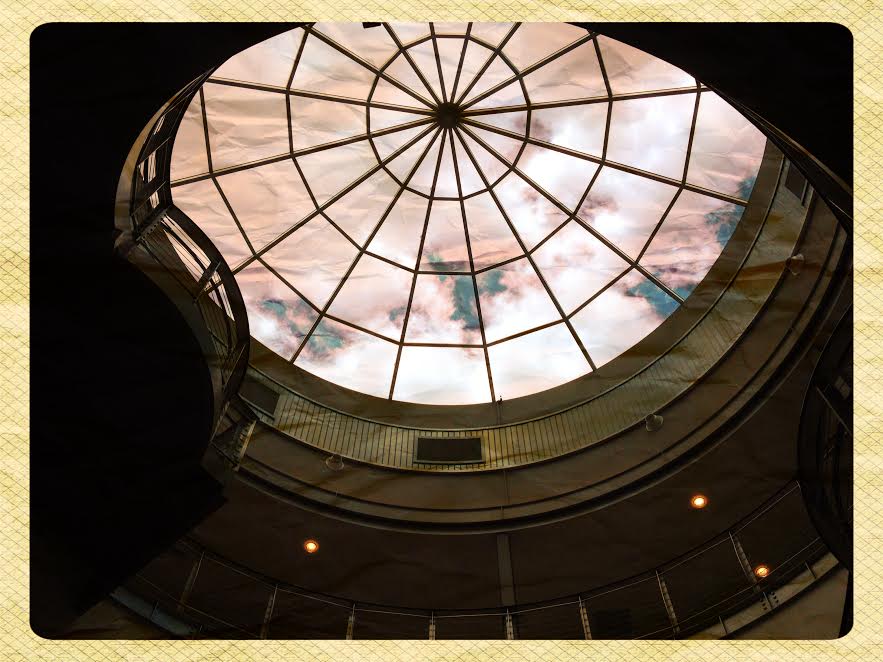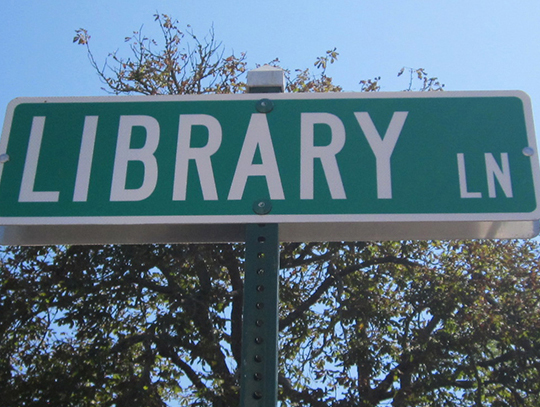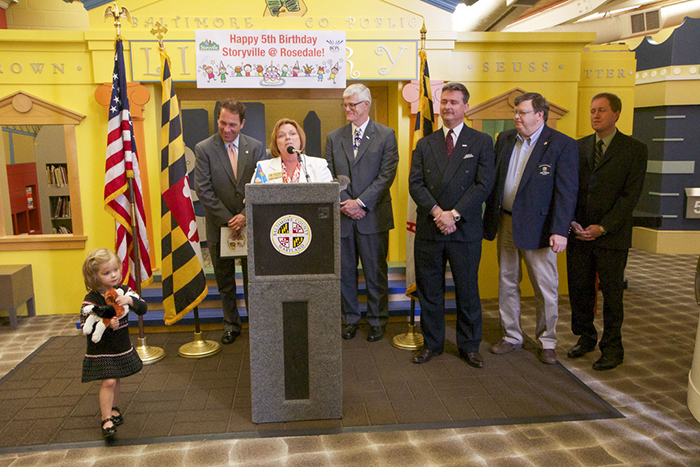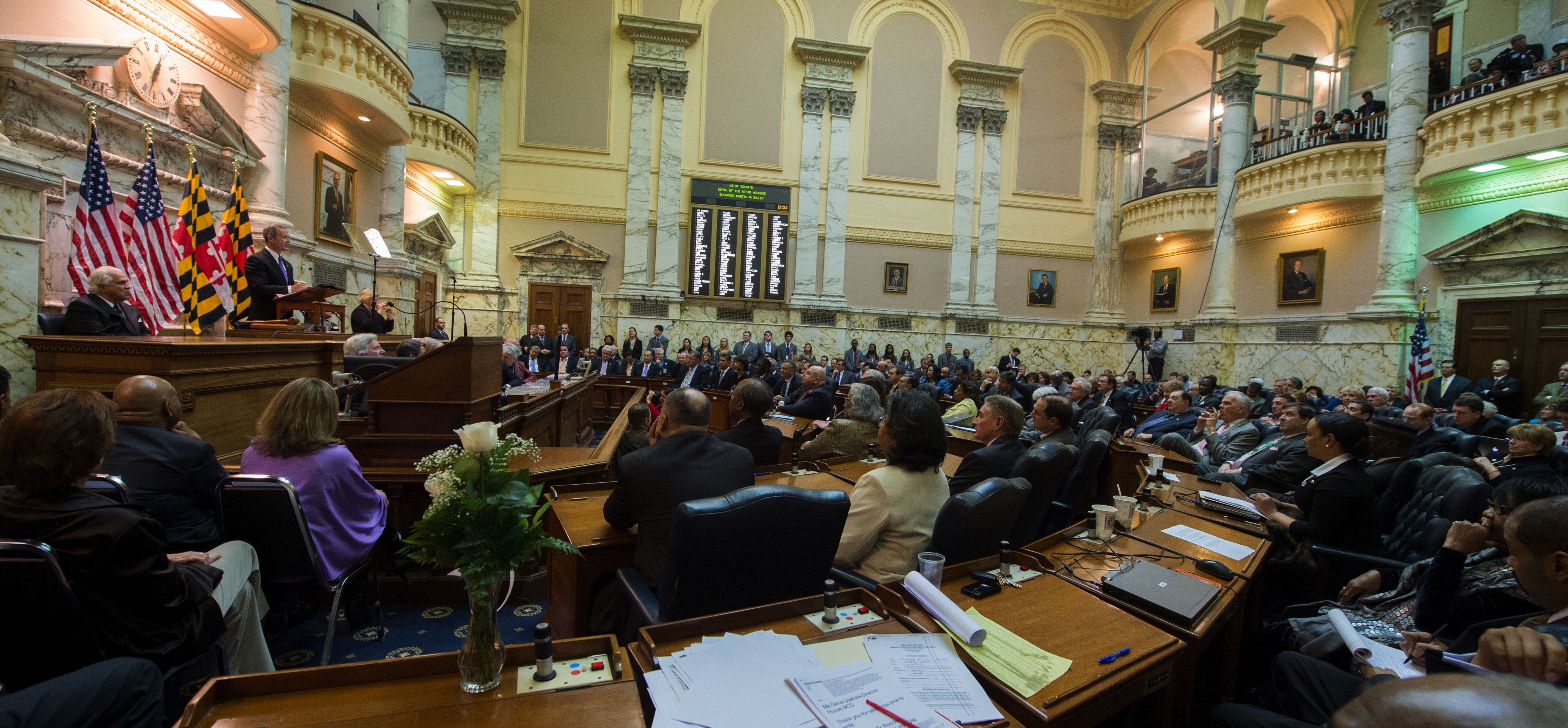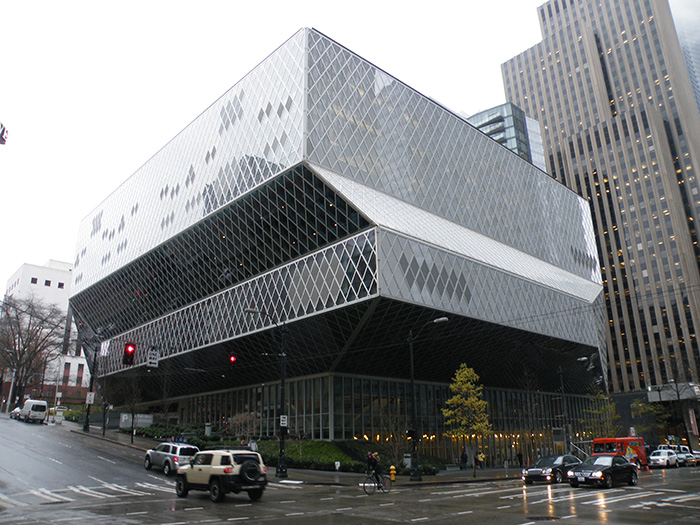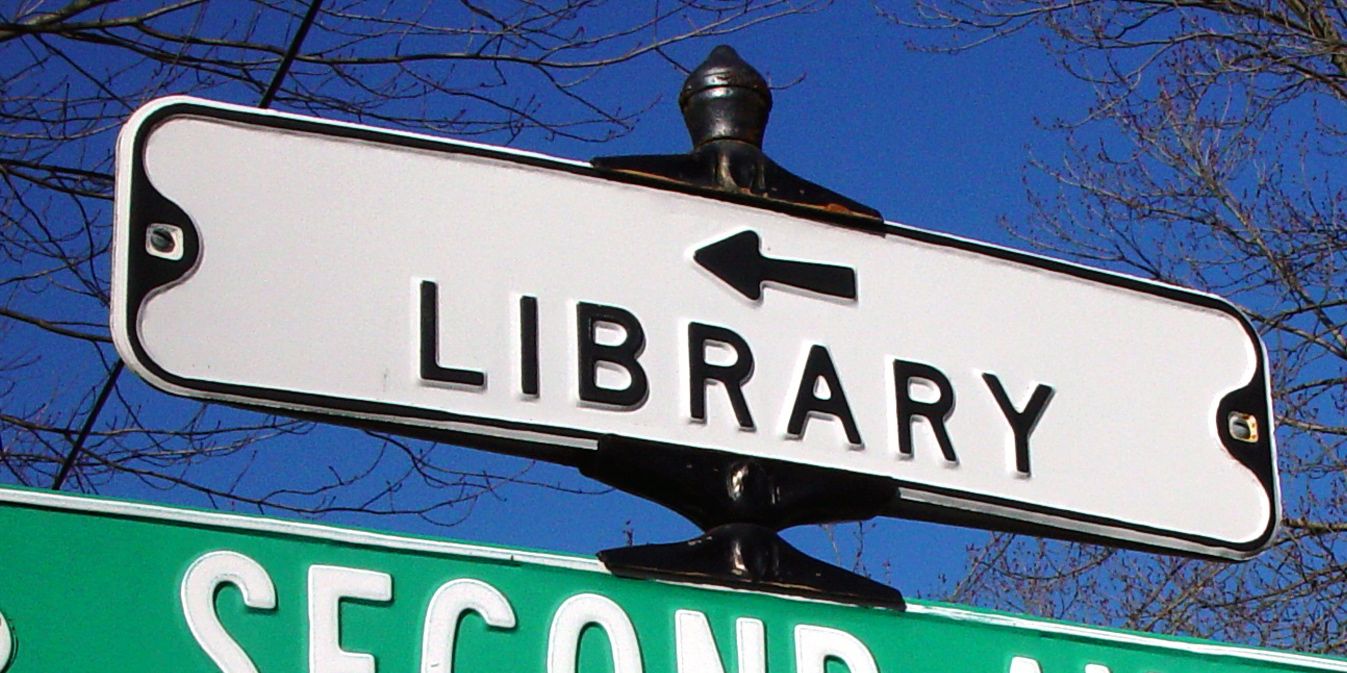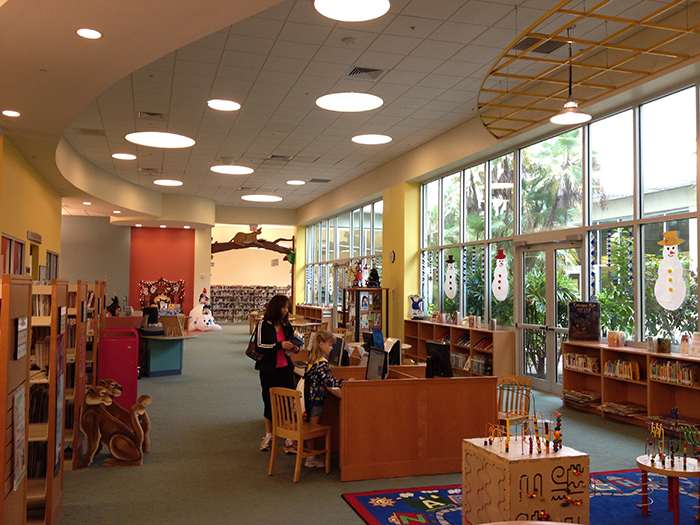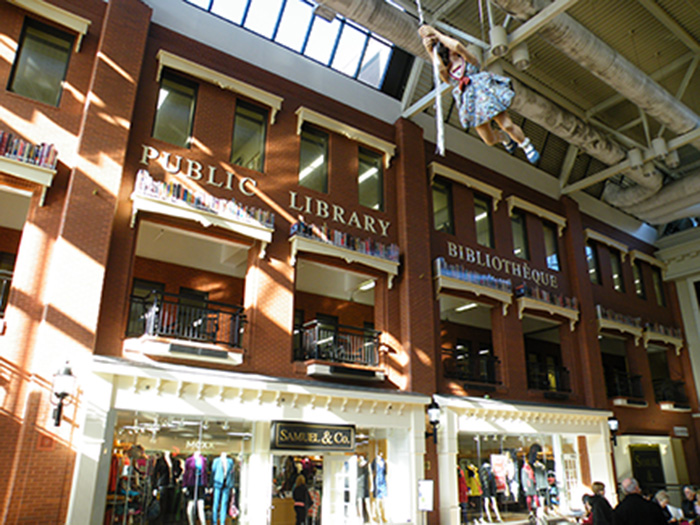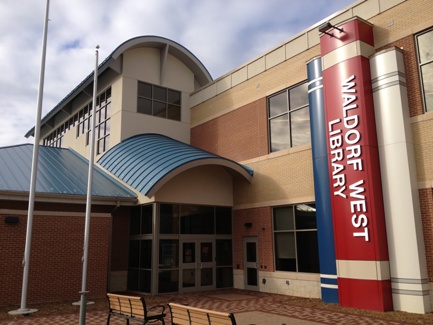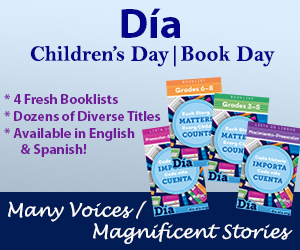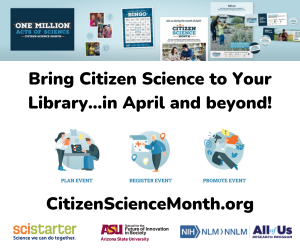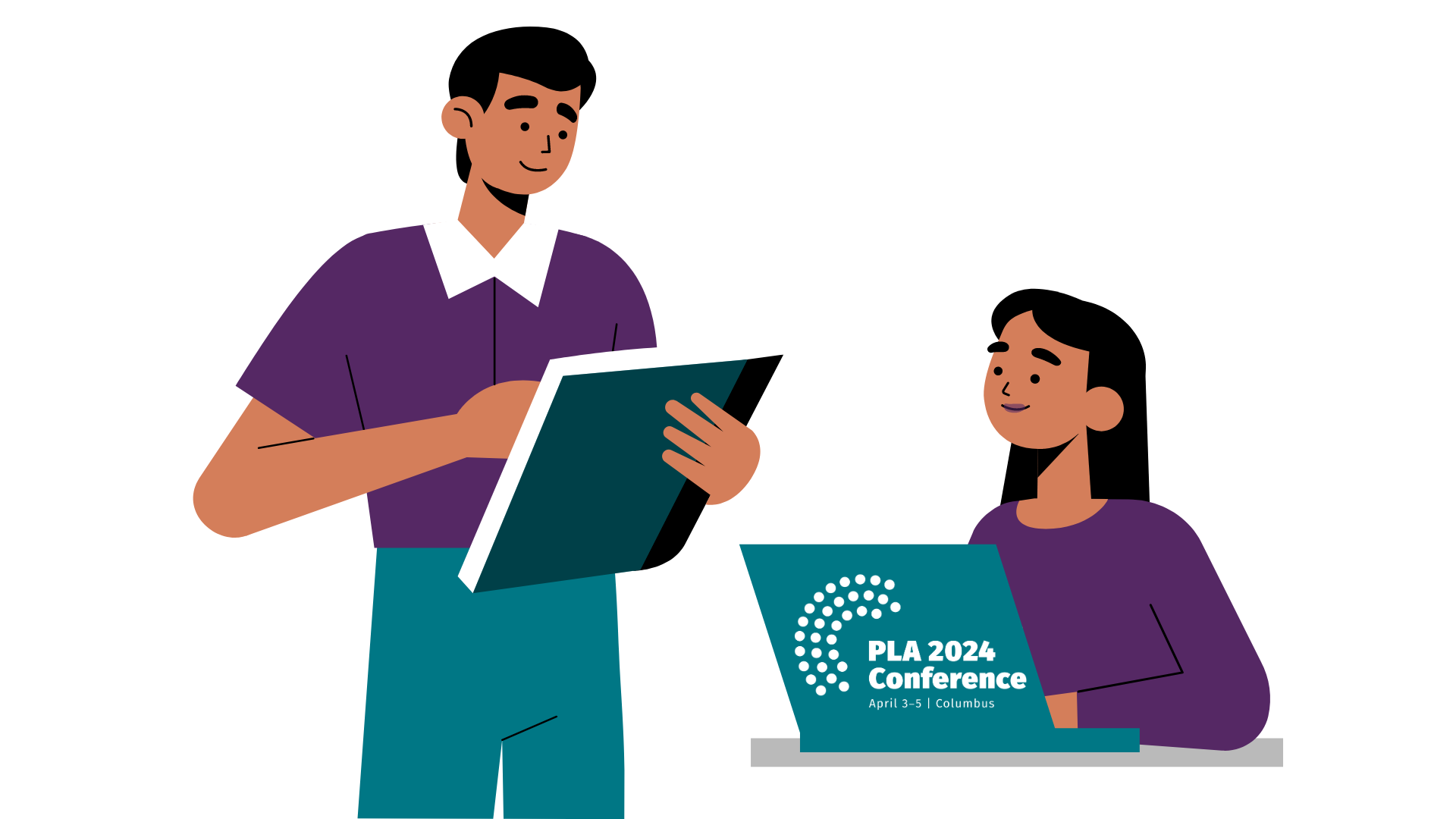Jeffrey Smith Author Archive
Email: jeffwsmith@verizon.net Twitter: @JeffreyWSmithMD
Jeffrey Smith, a resident of Nottingham, Maryland, presently serves as a member of the Board of Library Trustees for the Baltimore County Public Library (BCPL). Additionally, he serves as the president for the Foundation for Baltimore County Public Library. He has been an active member of ALA, PLA, the Maryland Library Association, and the Citizens for Maryland Libraries. He is presently serving as a member of ALA's Legislation Assembly. Jeffrey is presently reading “Memoirs of Harry S. Truman: 1946-52, Years of Trial and Hope.”

Get By With A Little Help From Our (Library) Friends!
A person can never have too many friends … right?! Well, neither can your local public library. In the realm of library supporters, organized library Friends groups play an invaluable role in promoting and fostering the success of public library systems across America. Friends groups can often help with activities that might not necessarily be readily accomplished by library staffers or even library governing board members.

